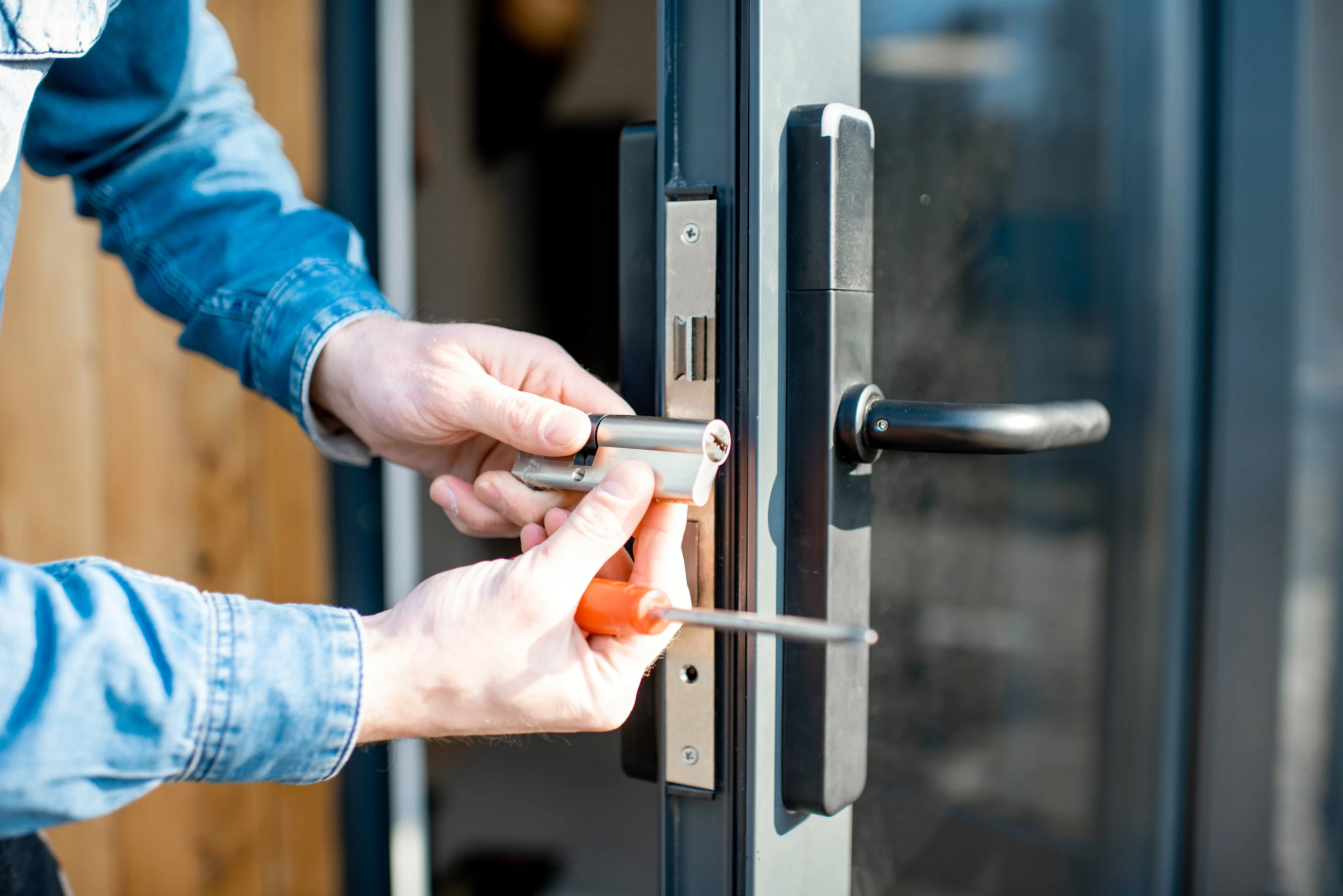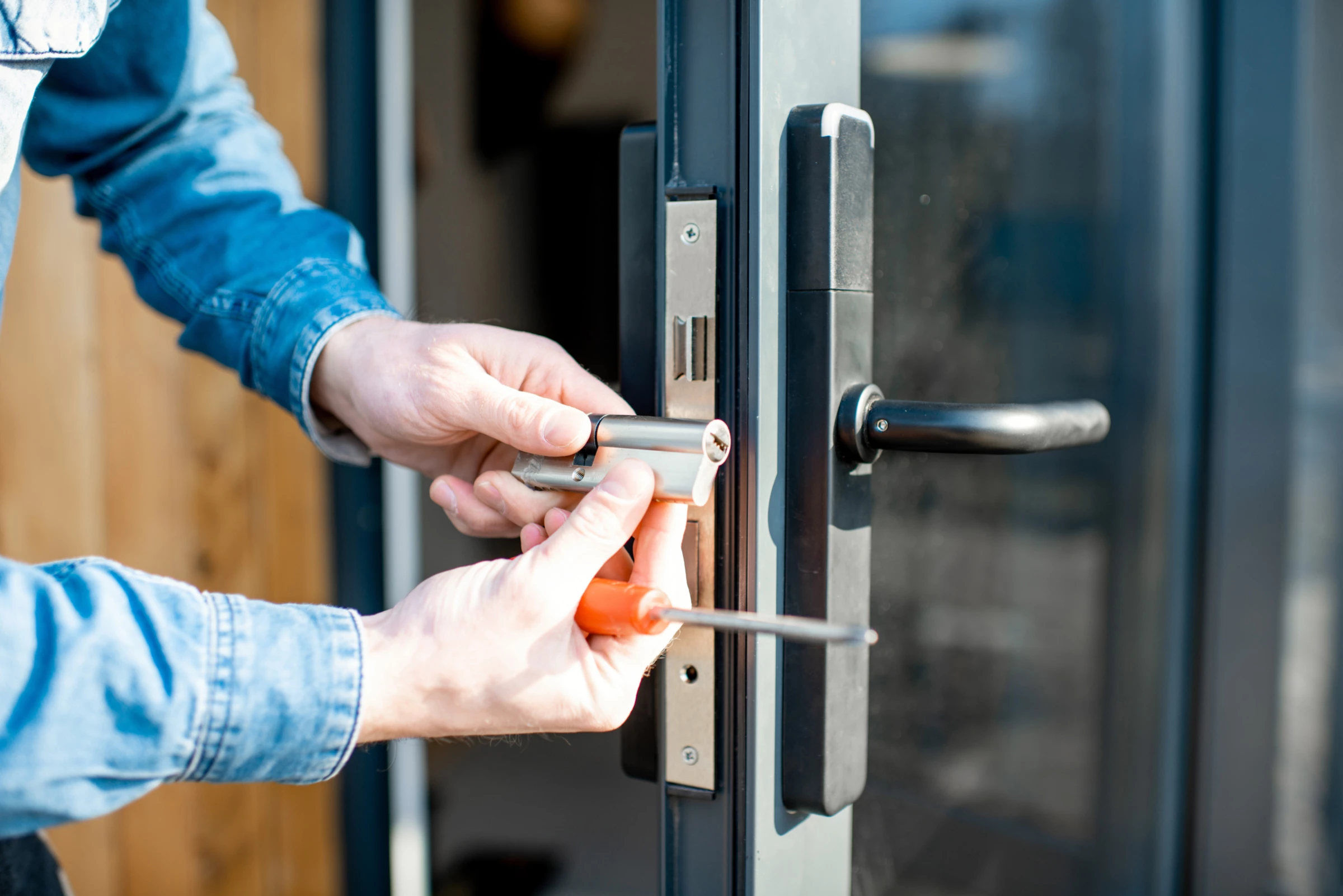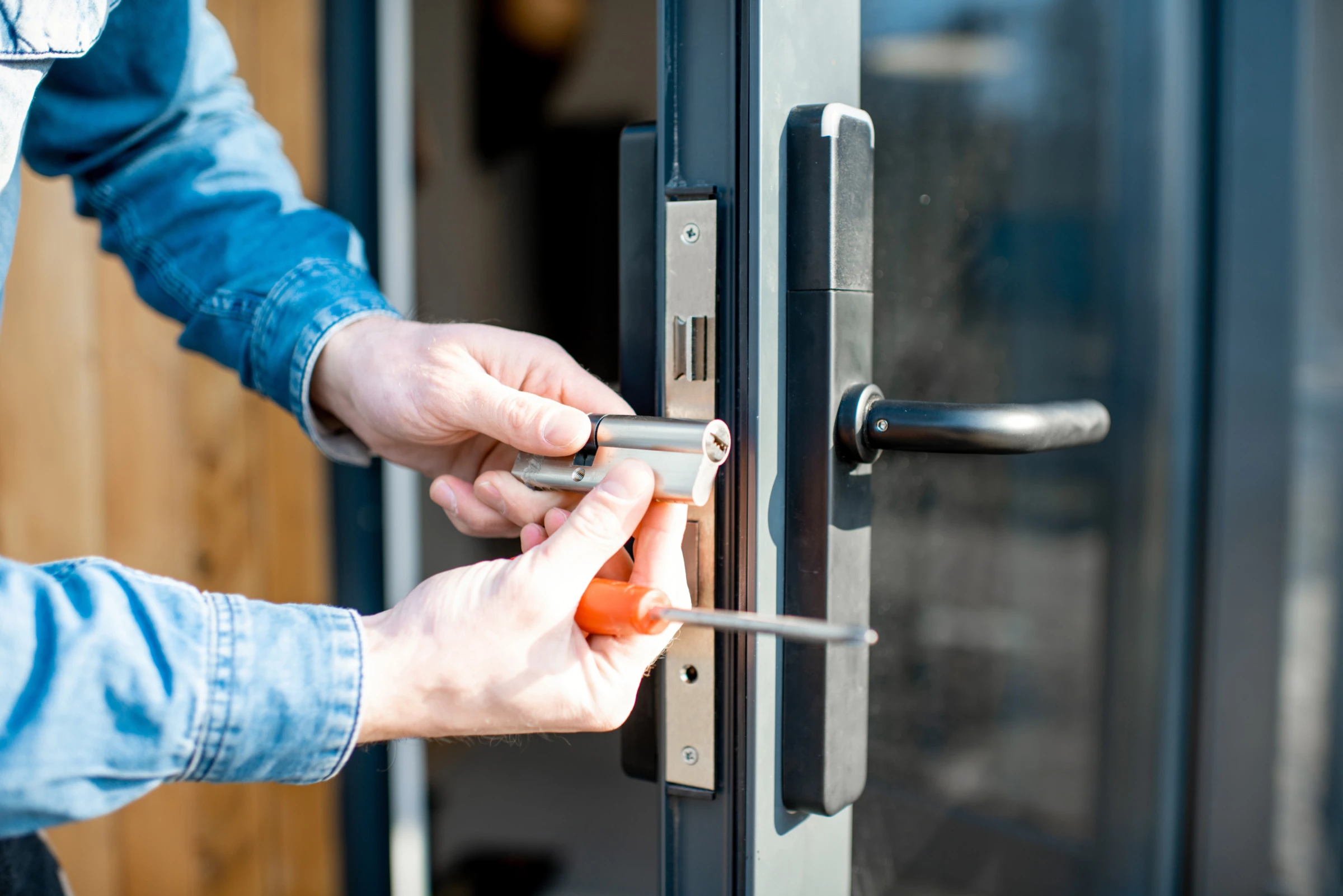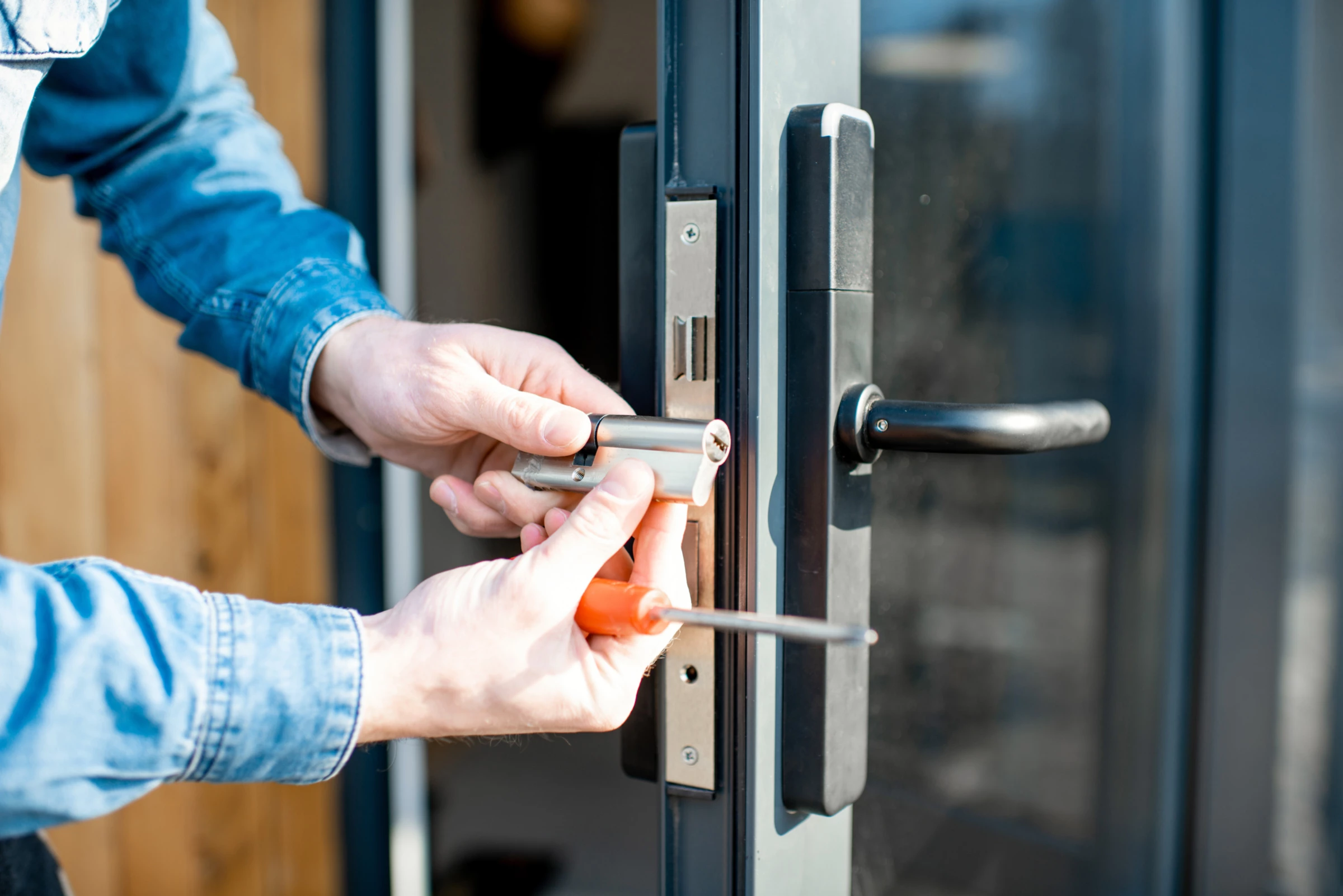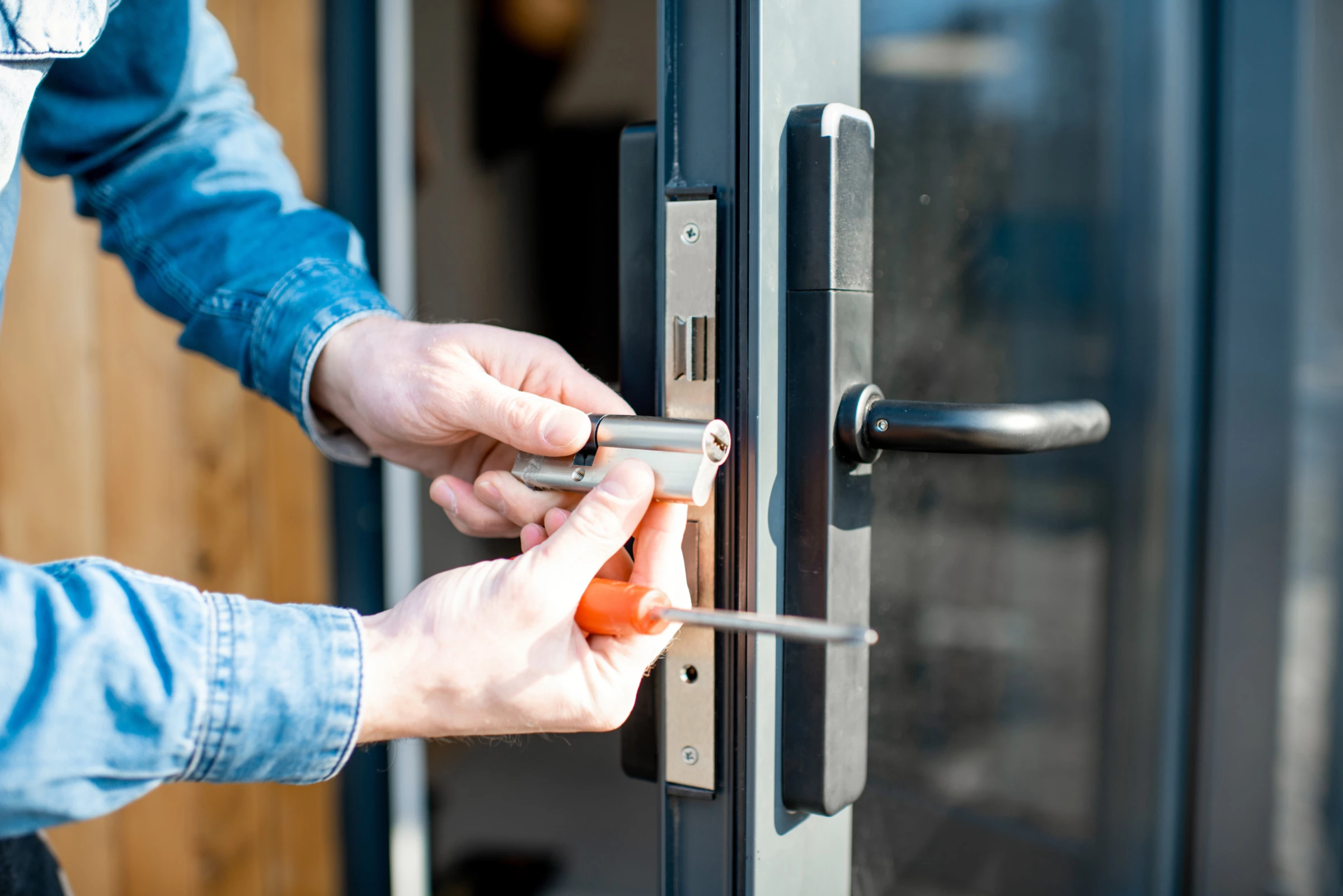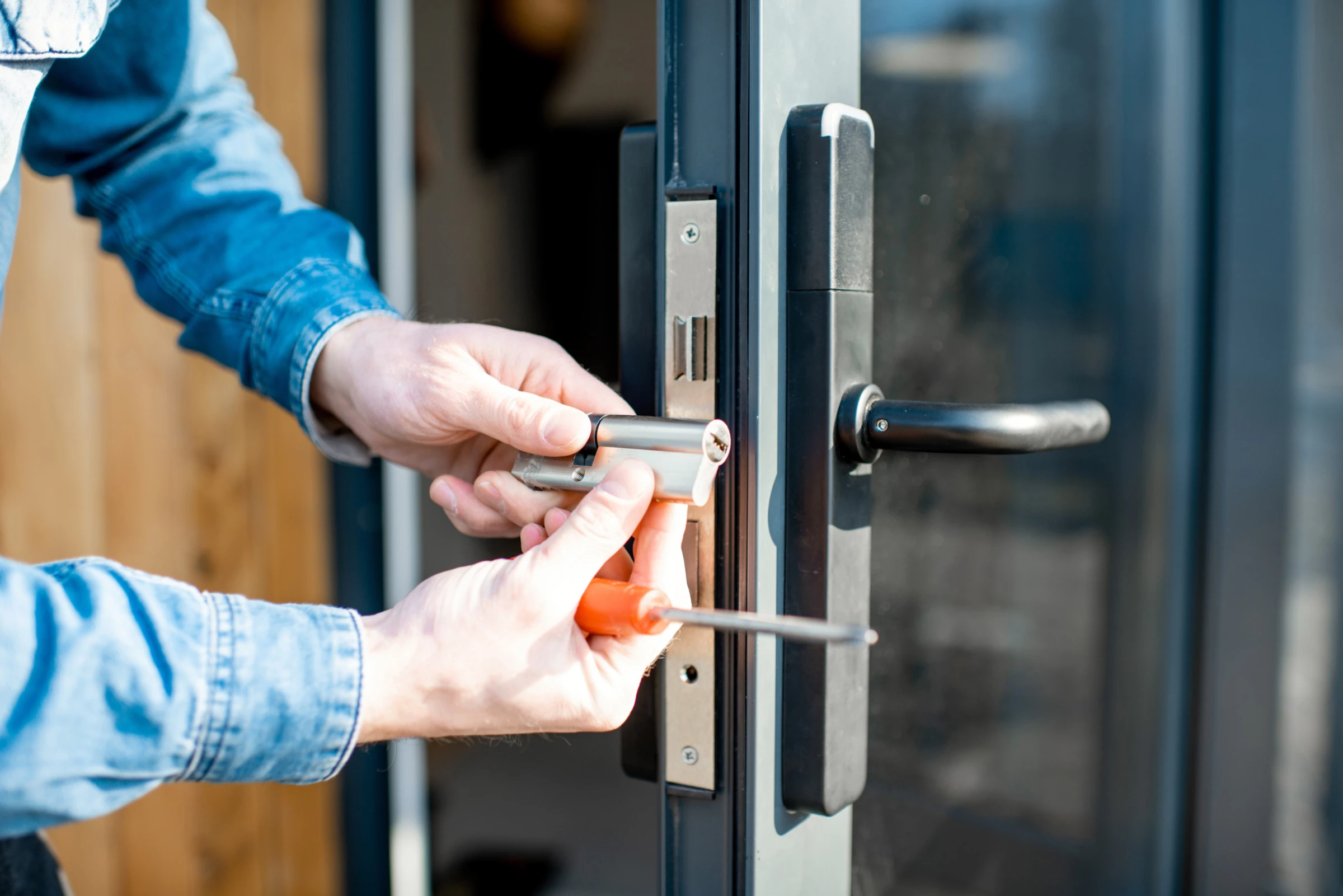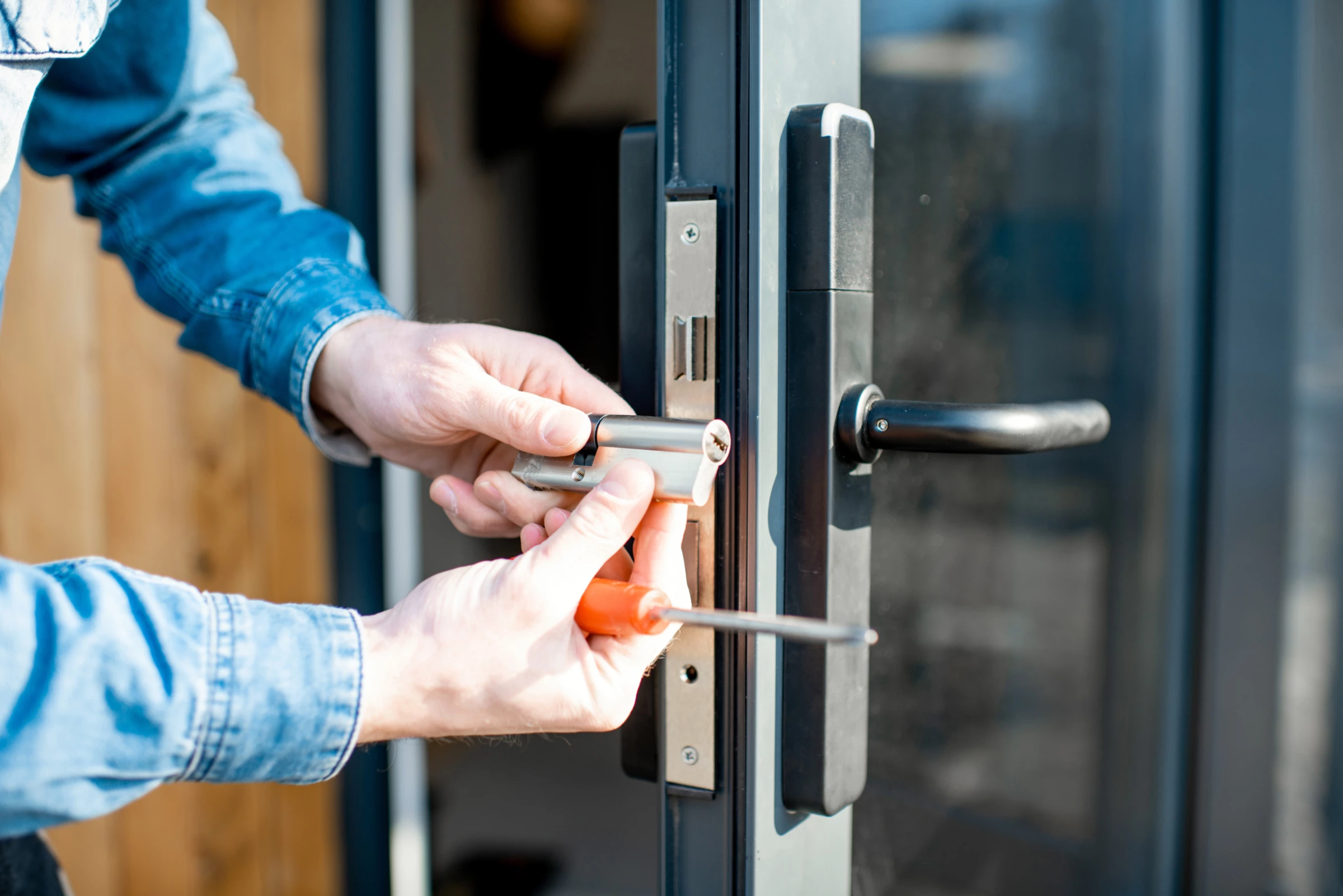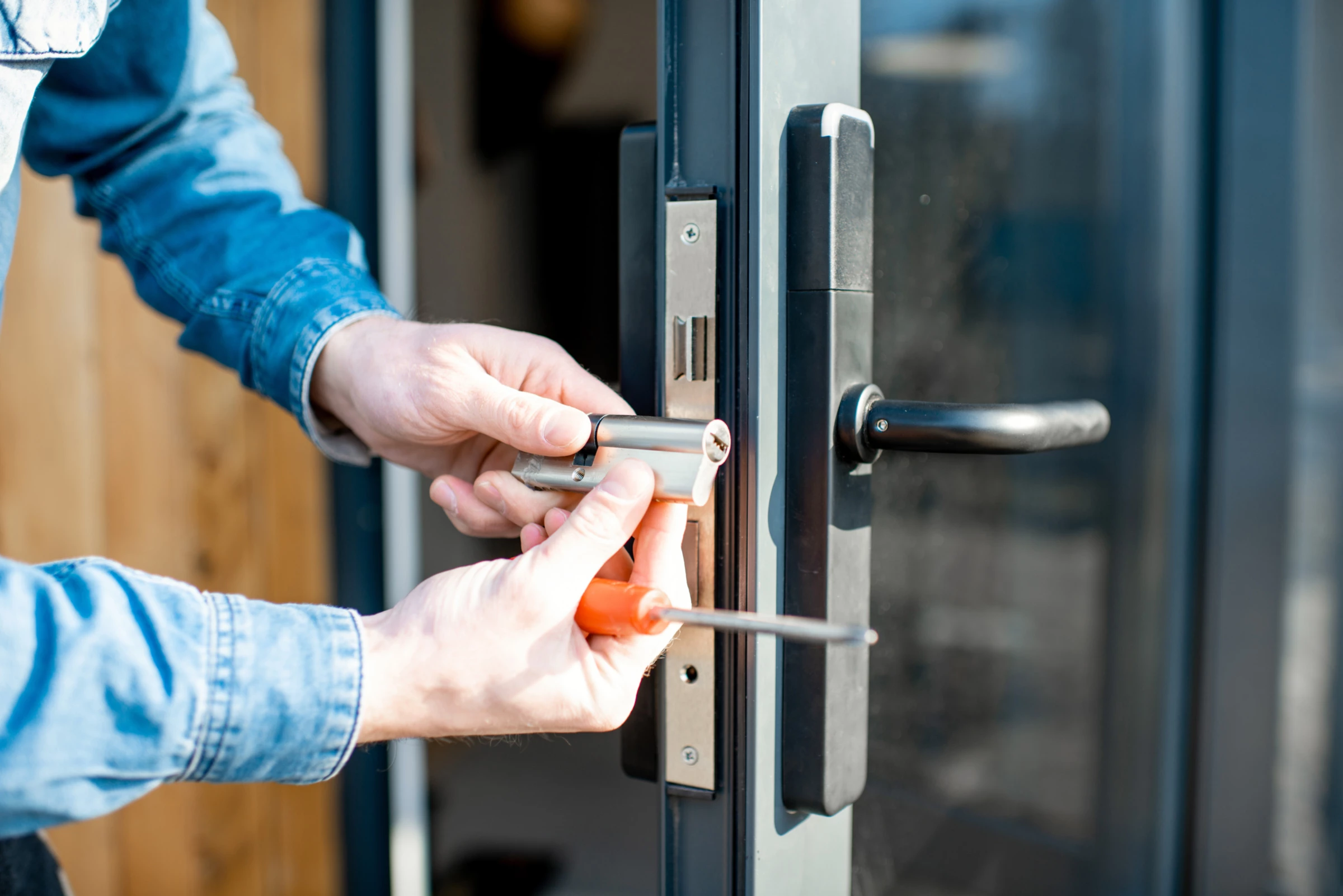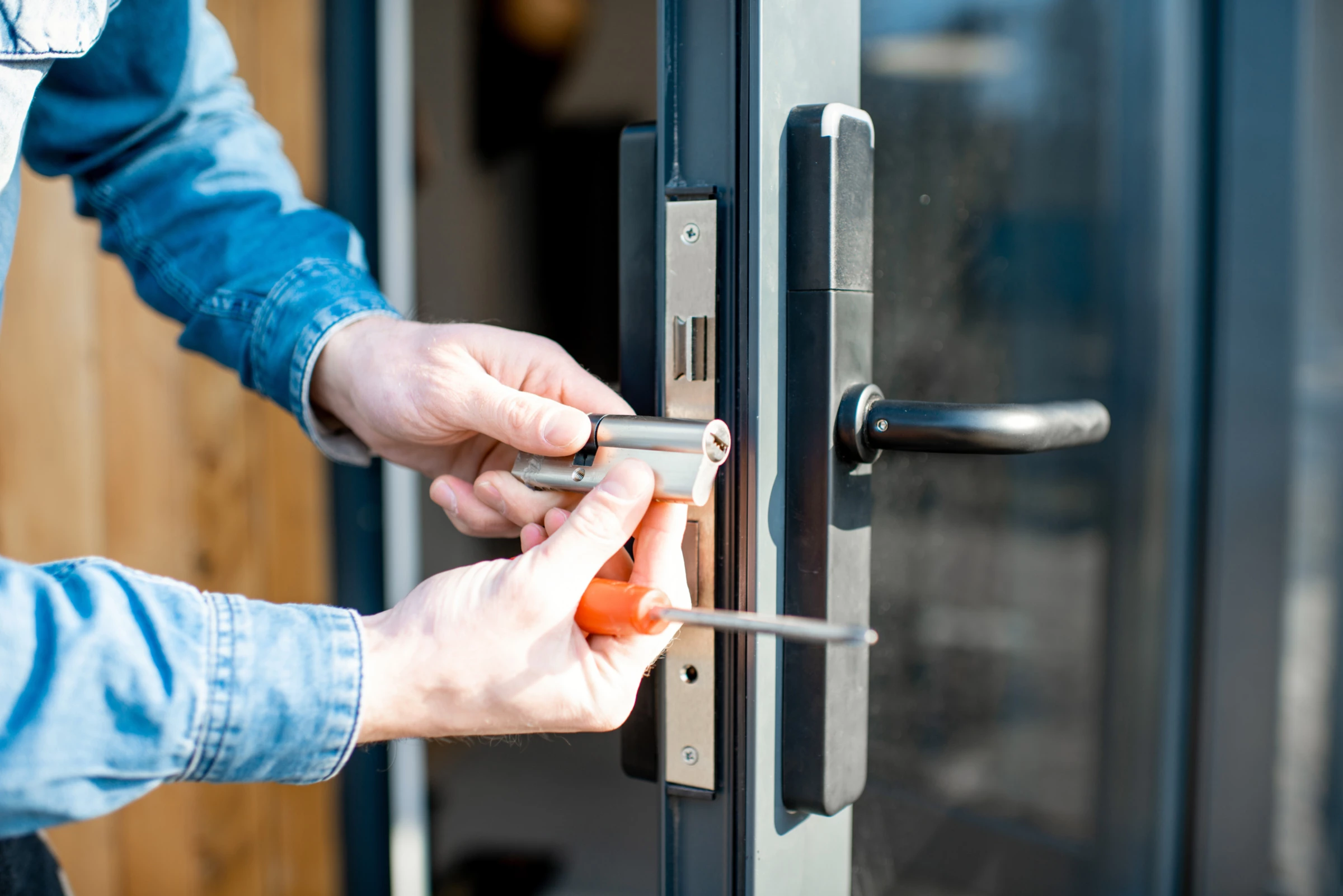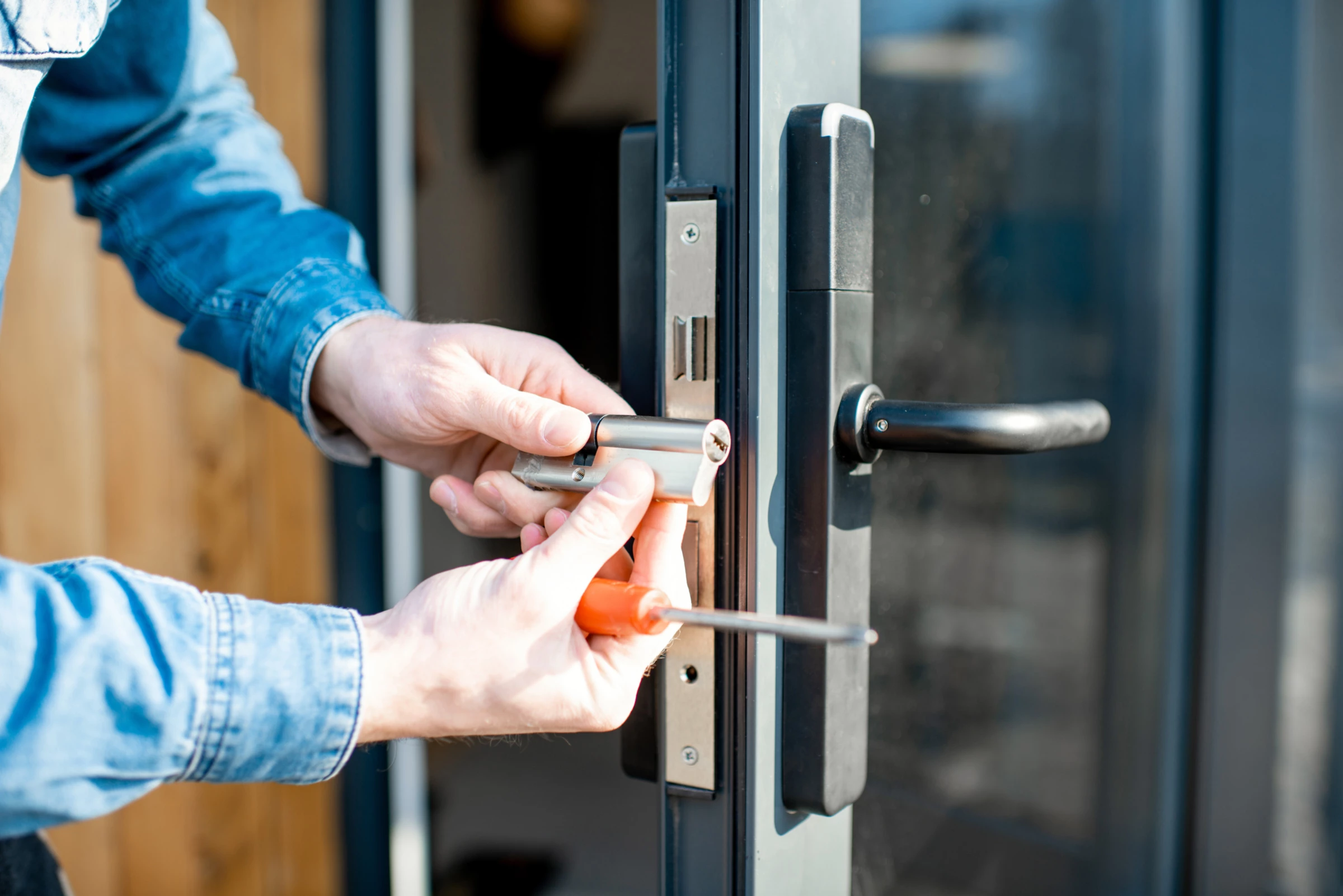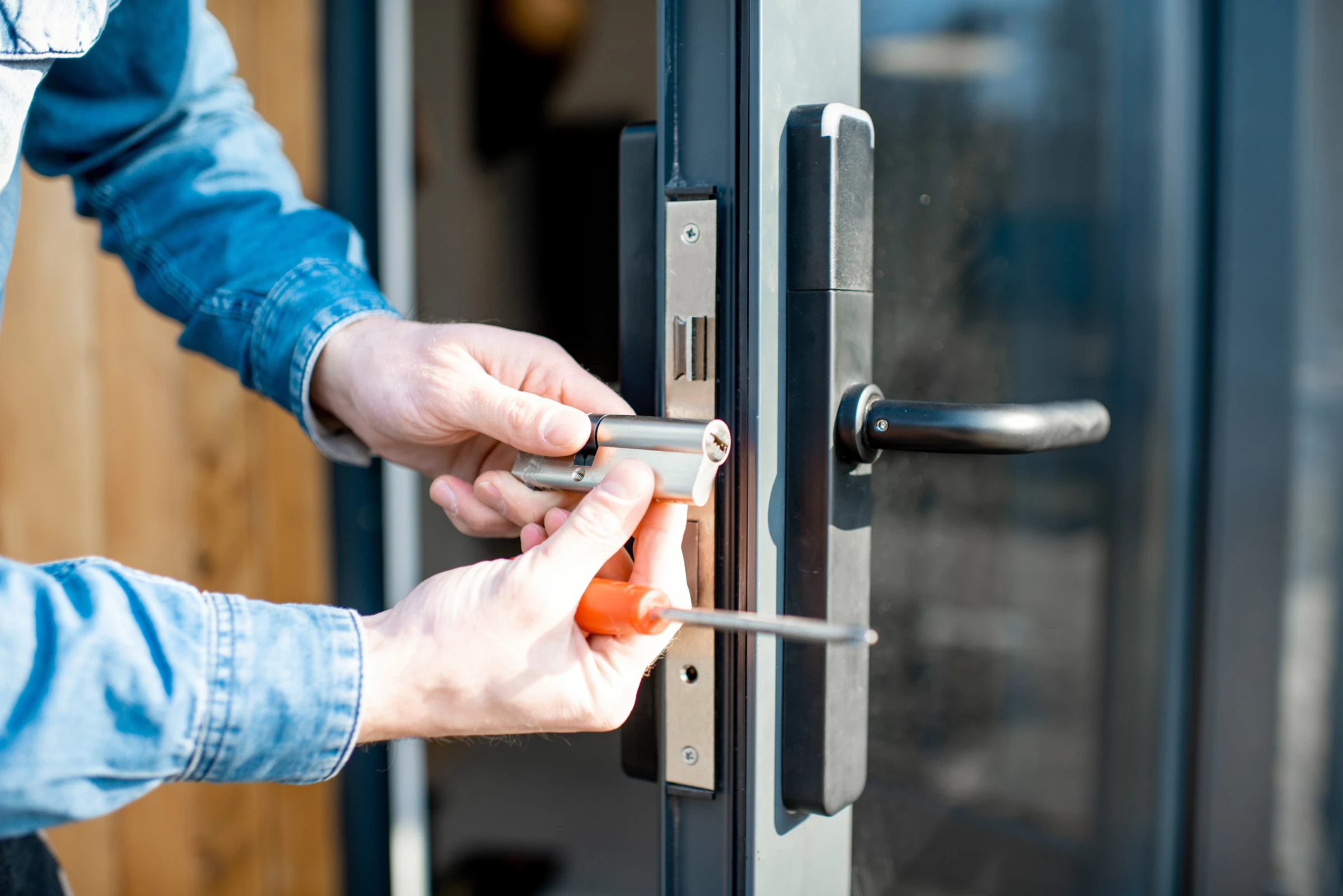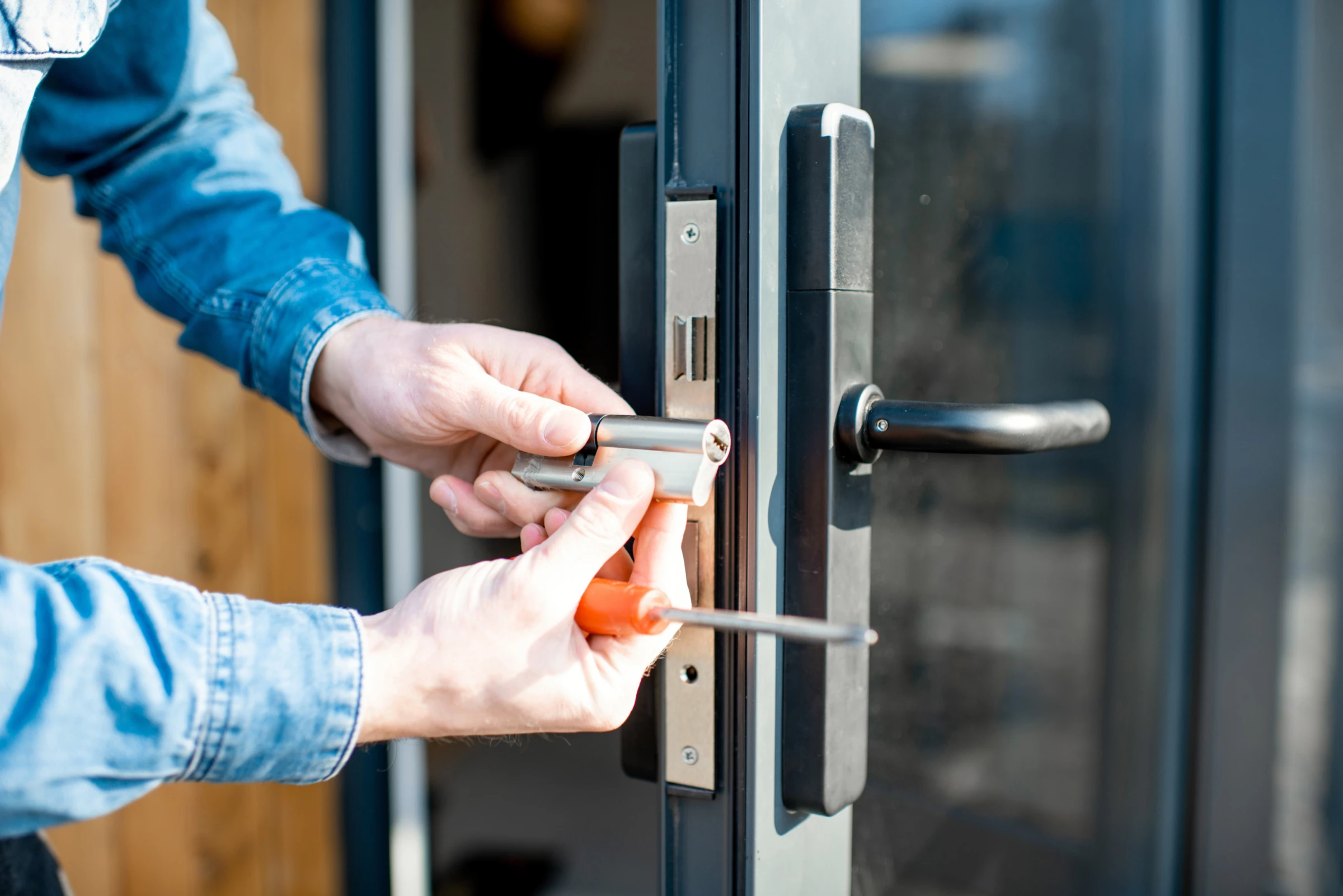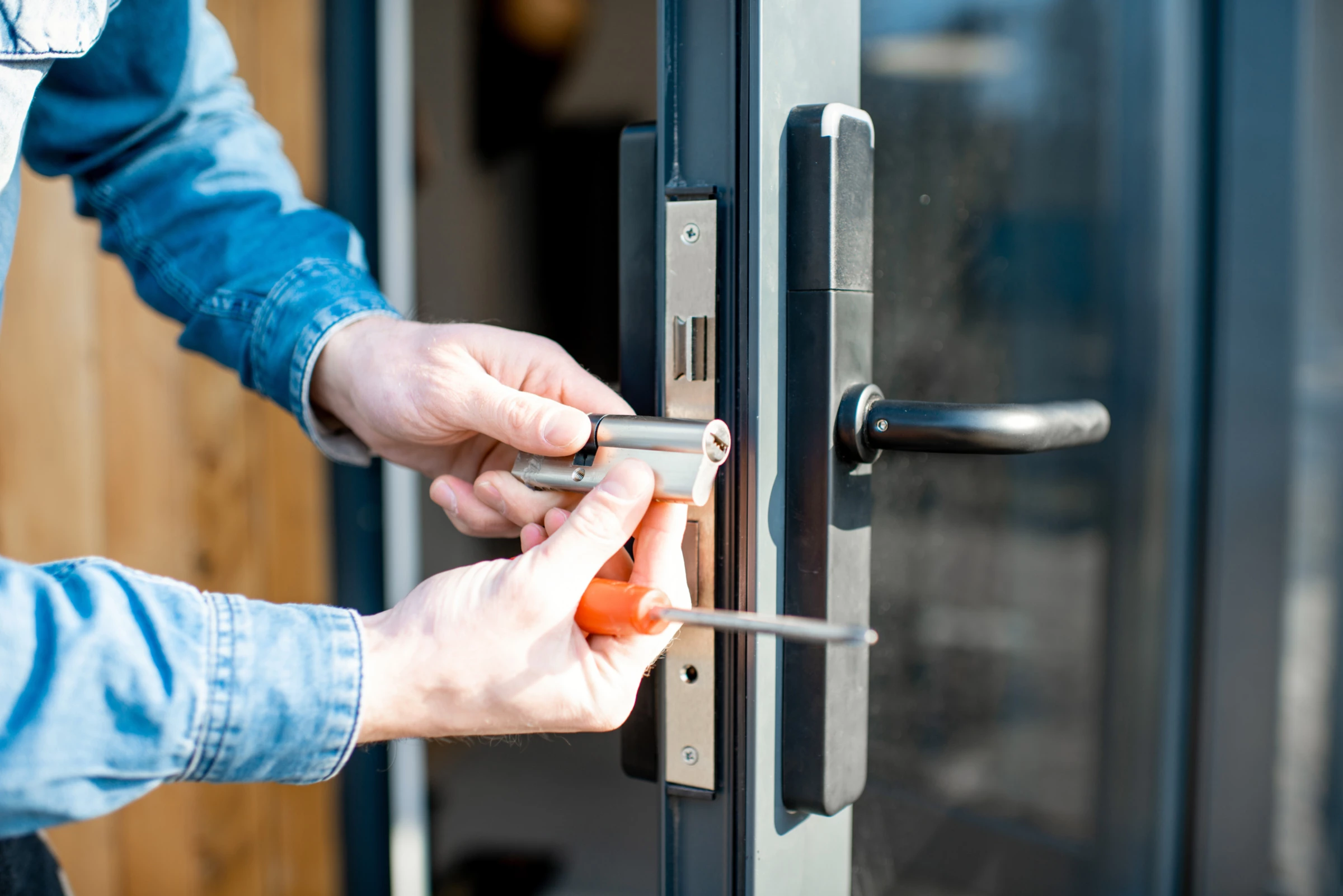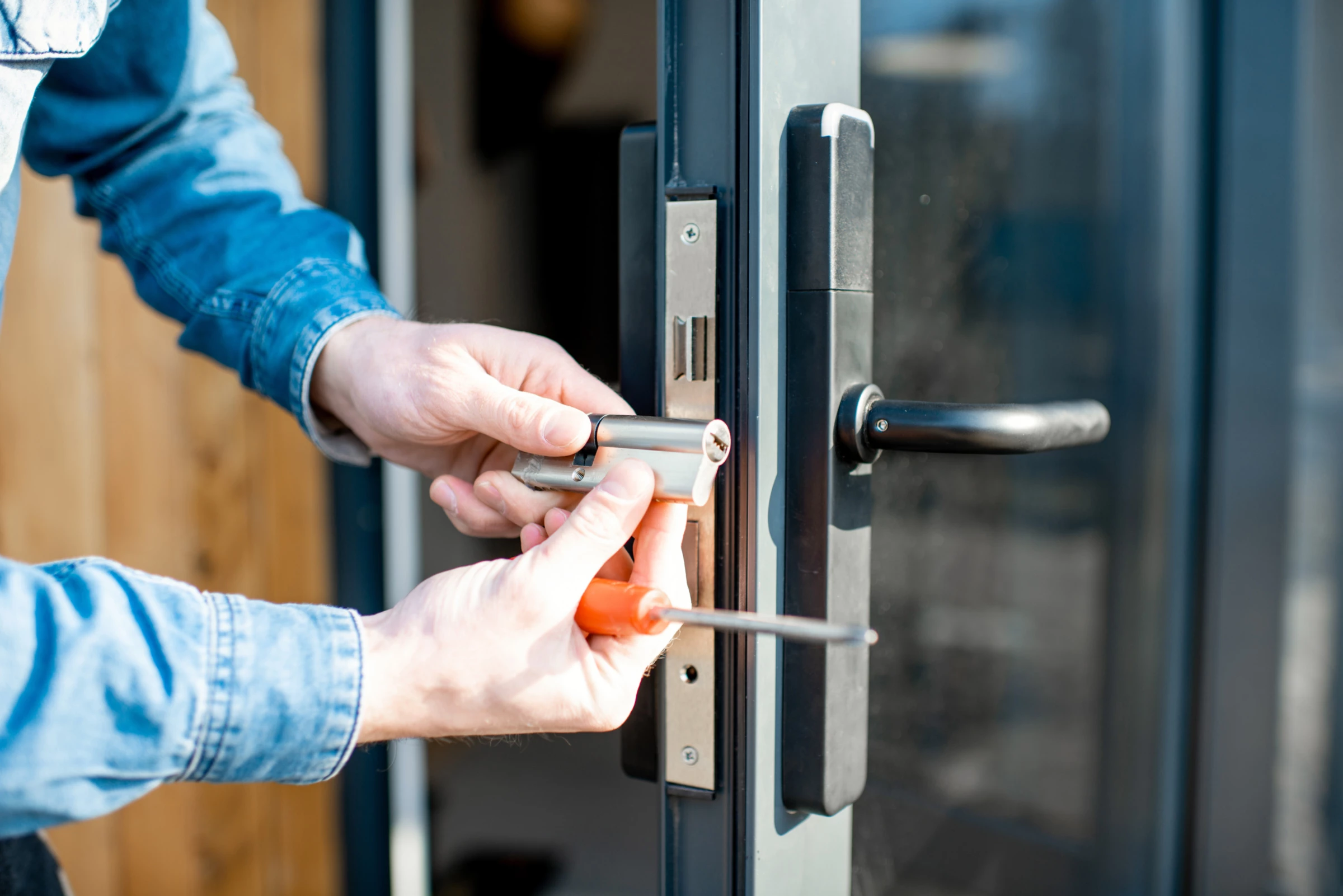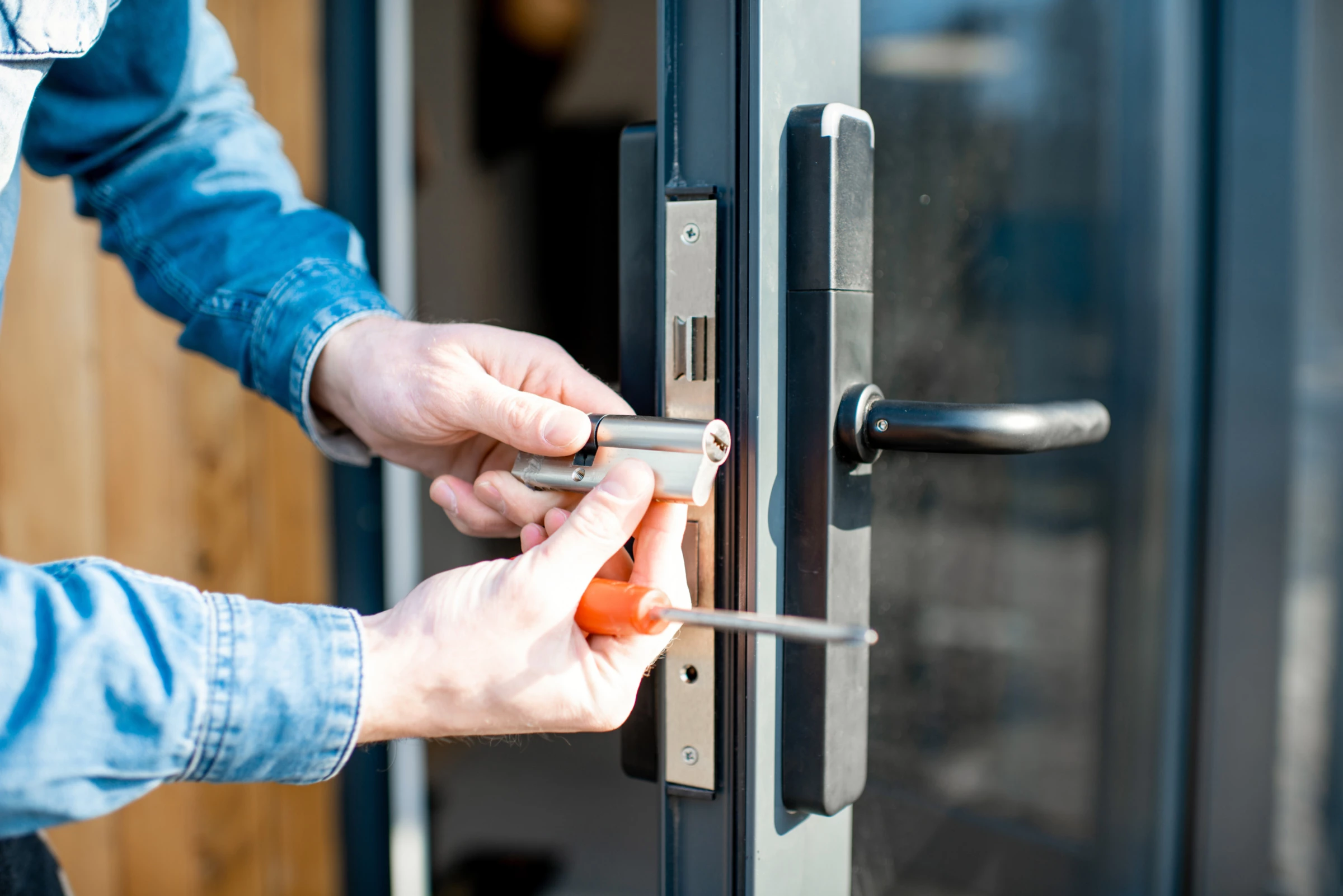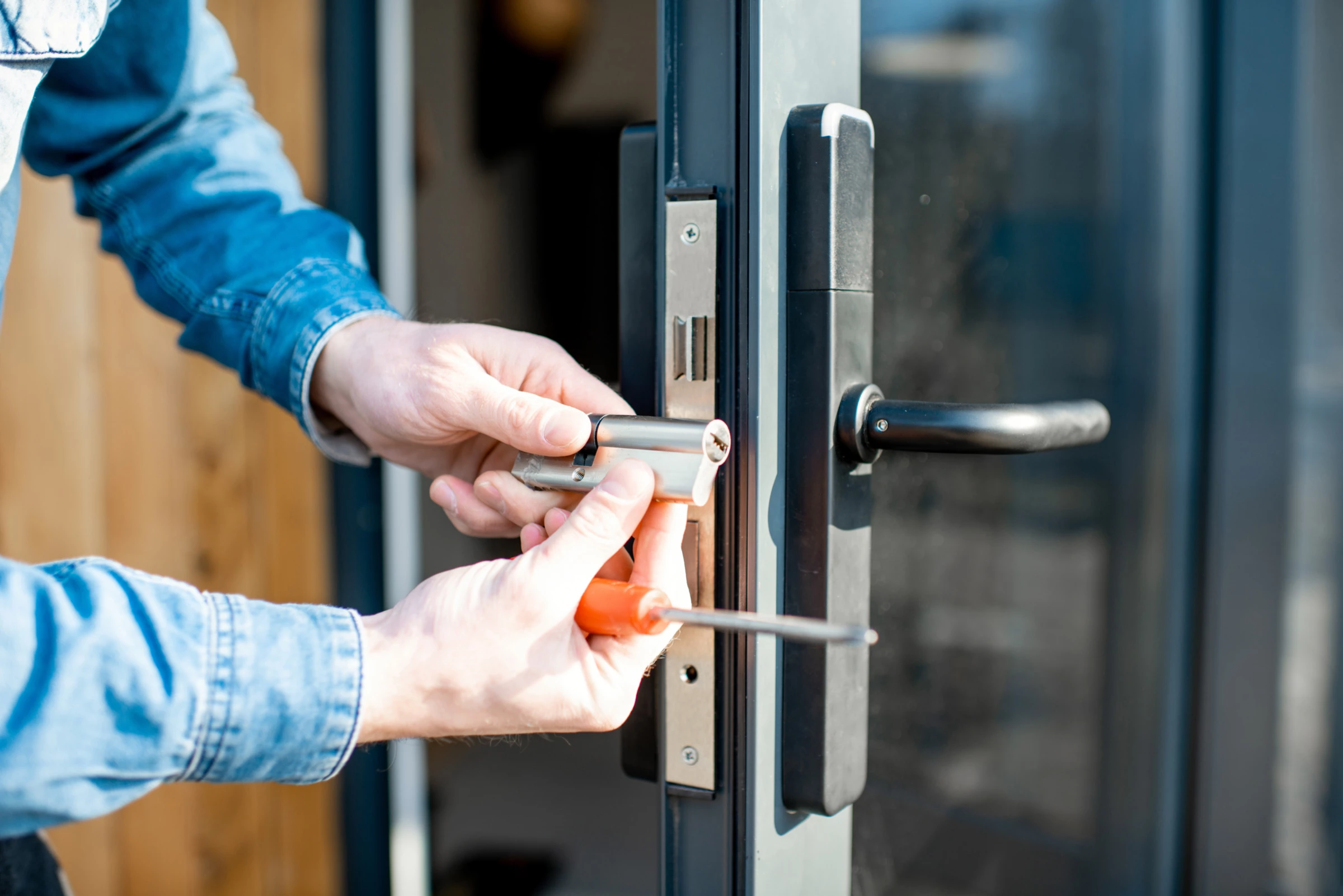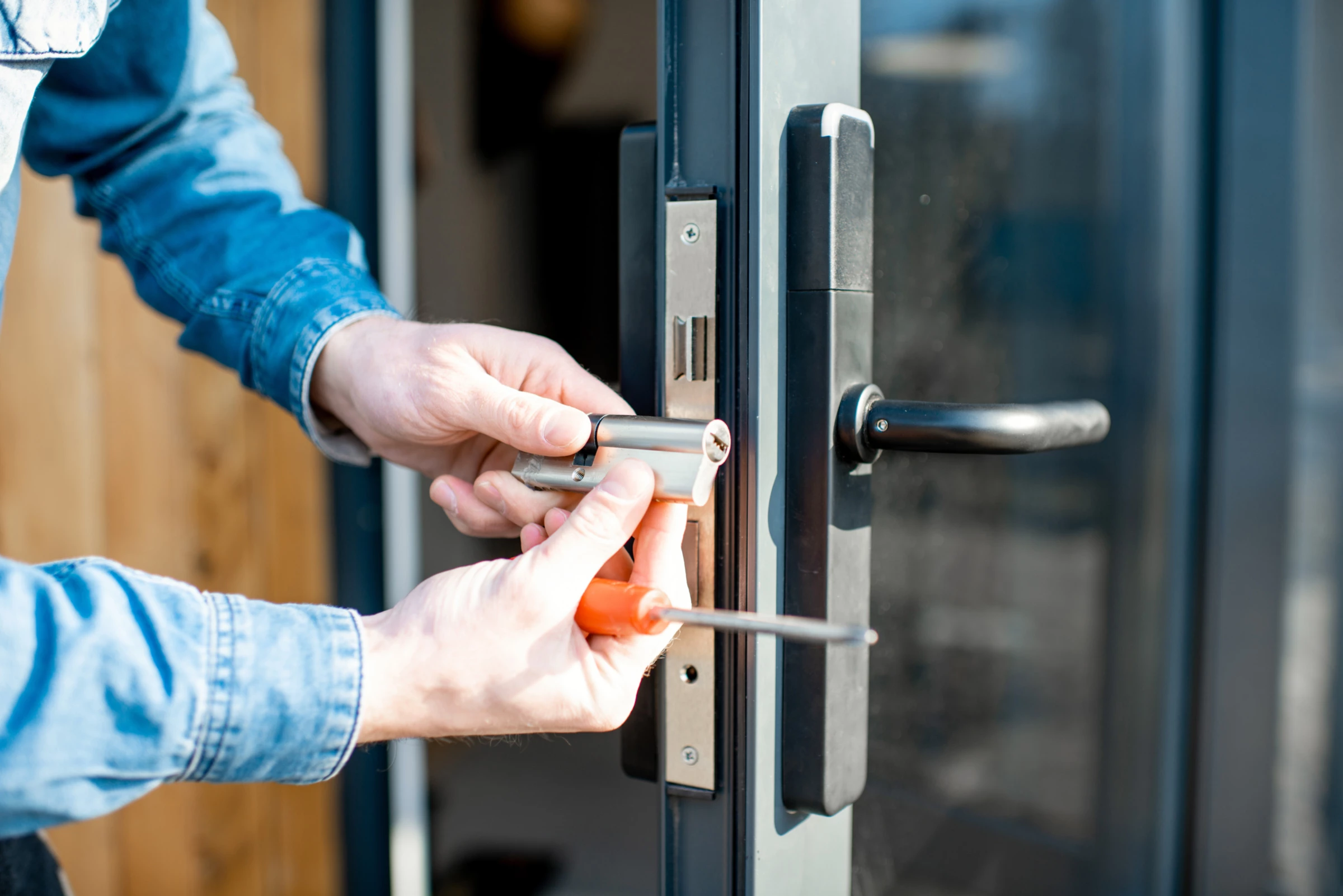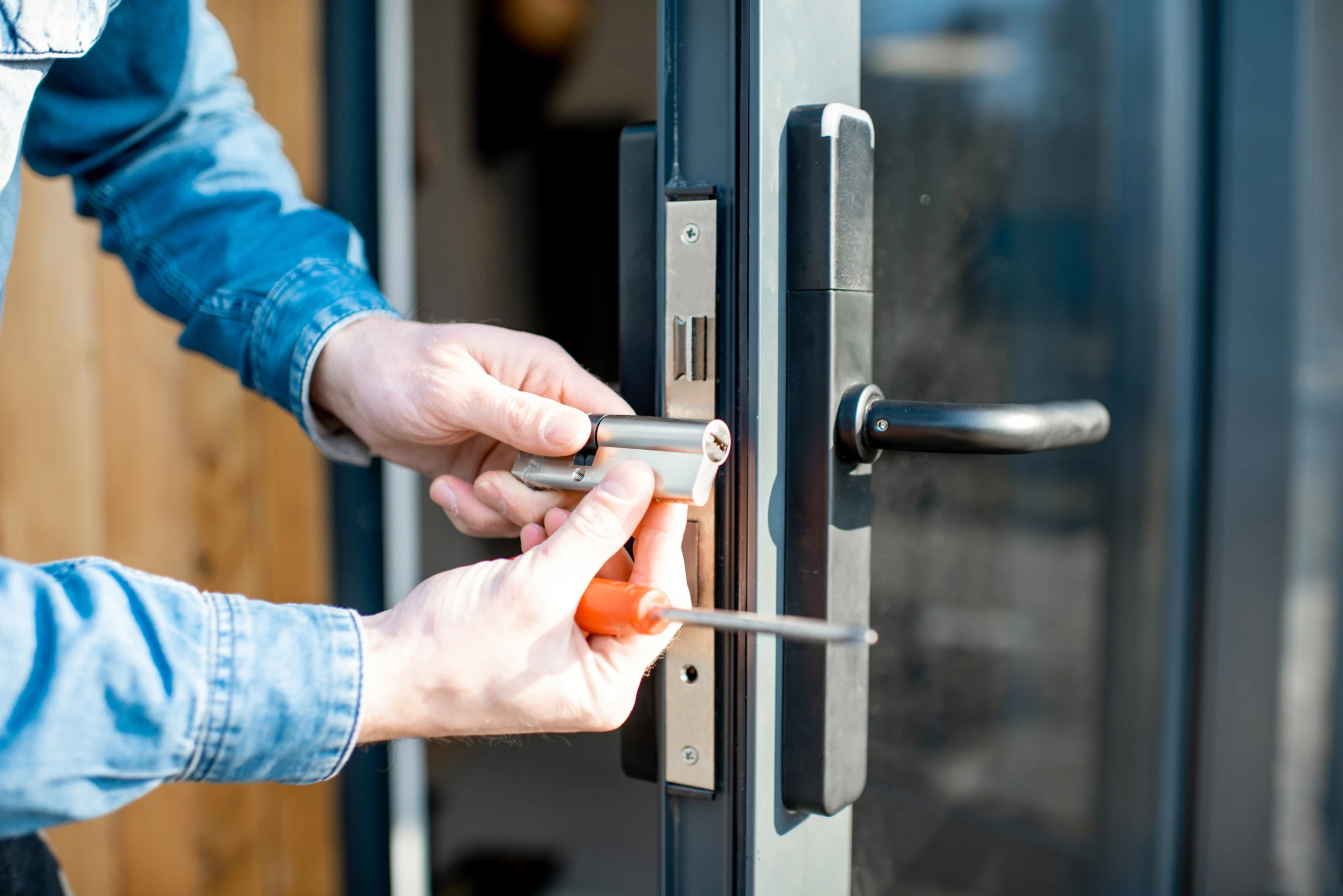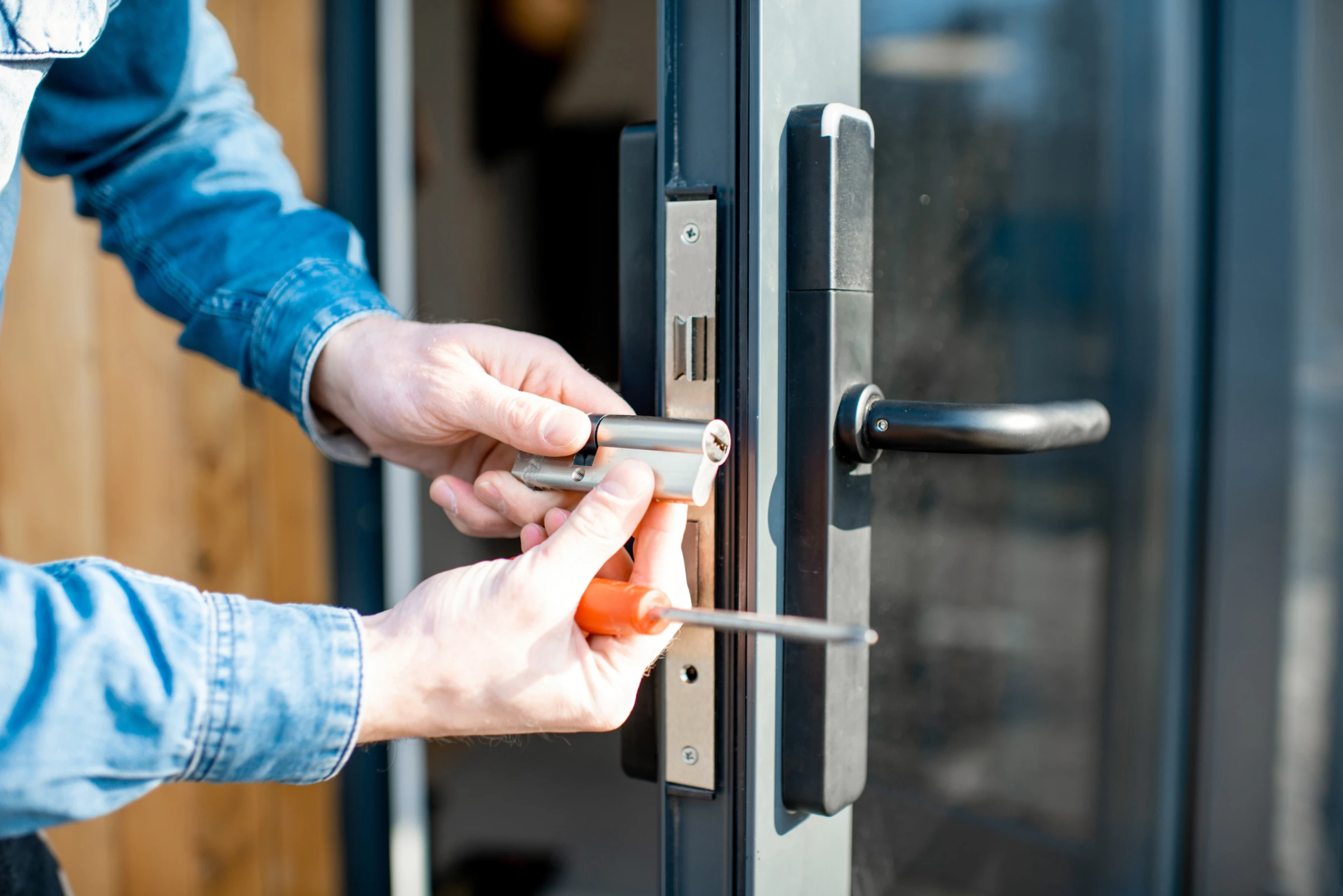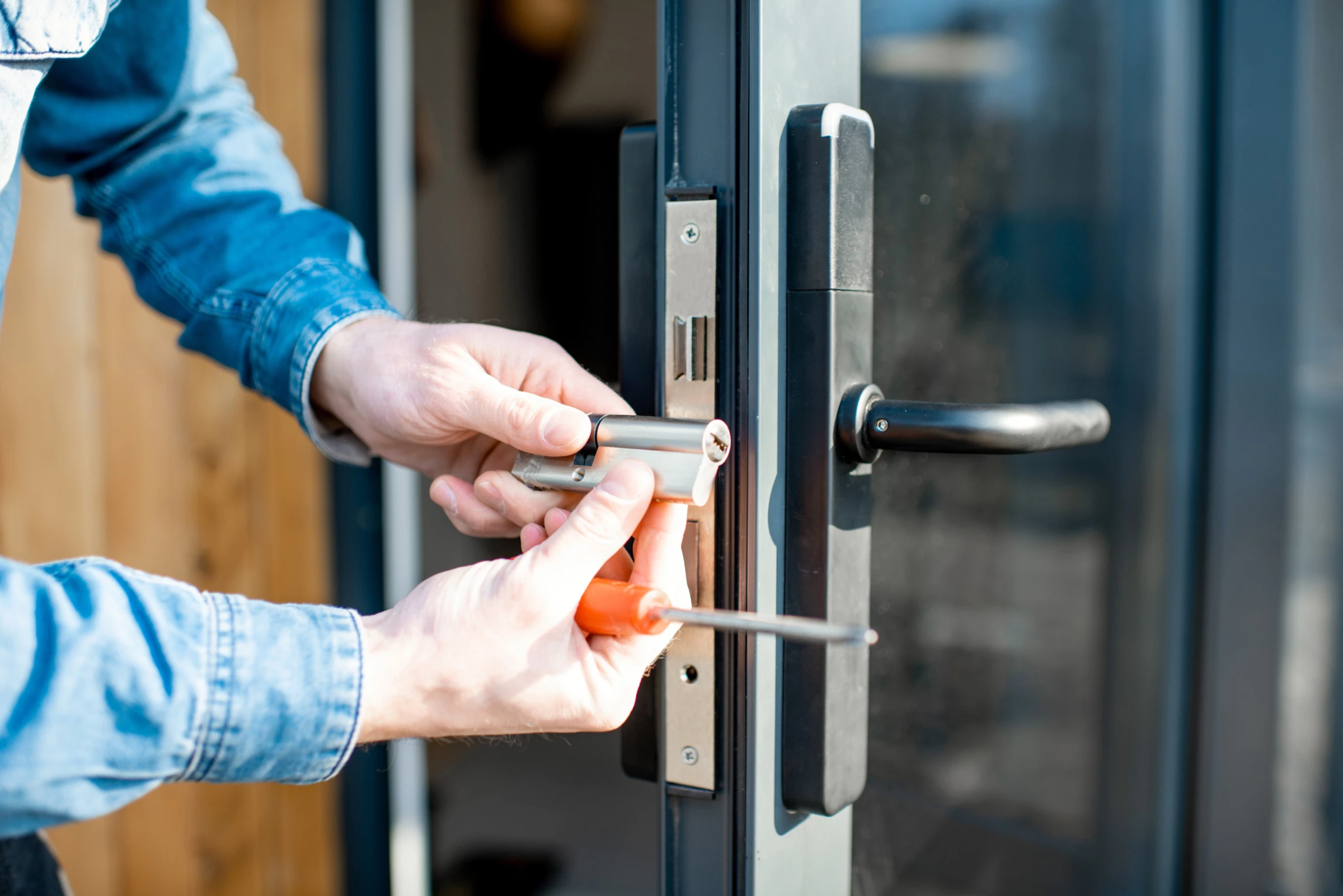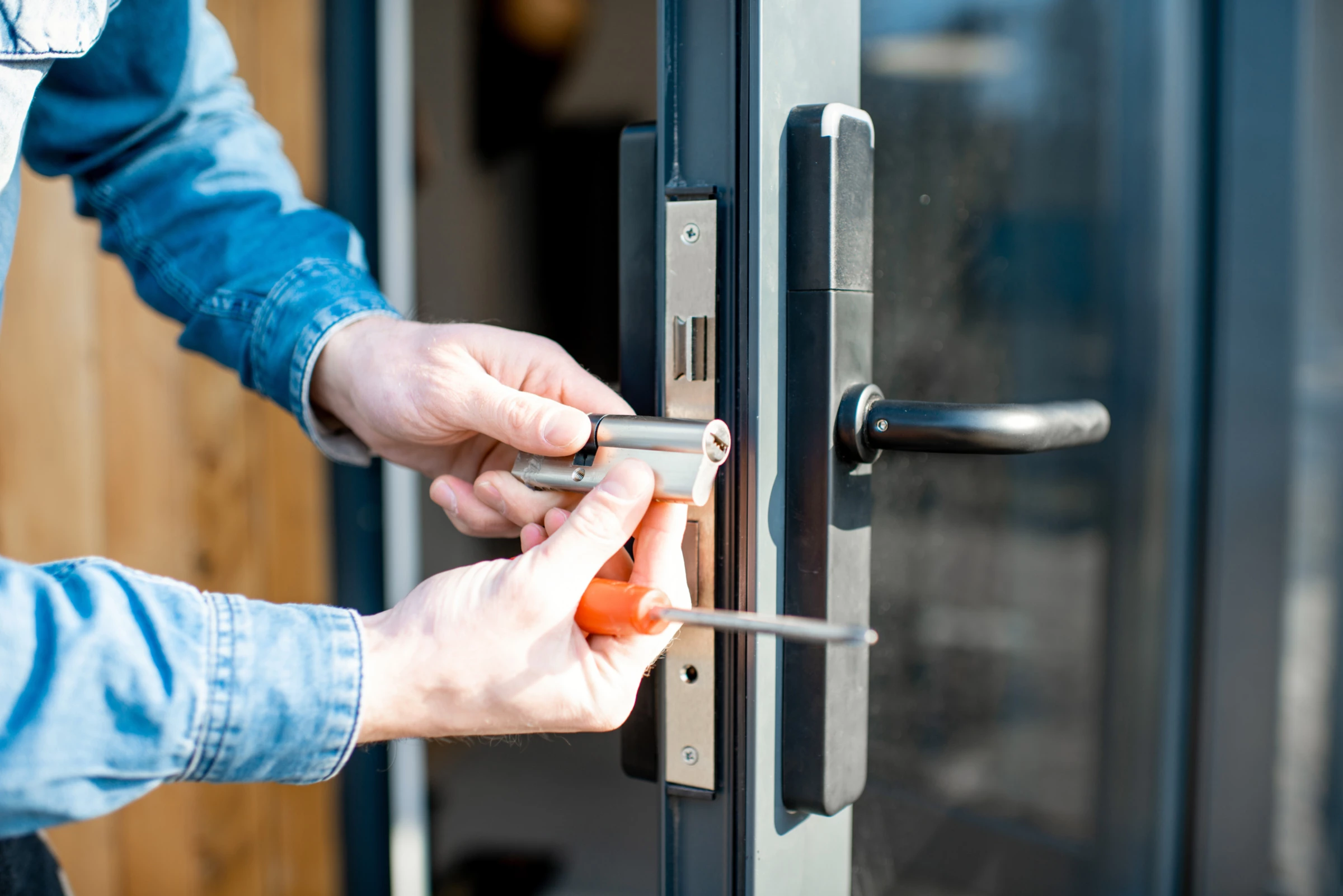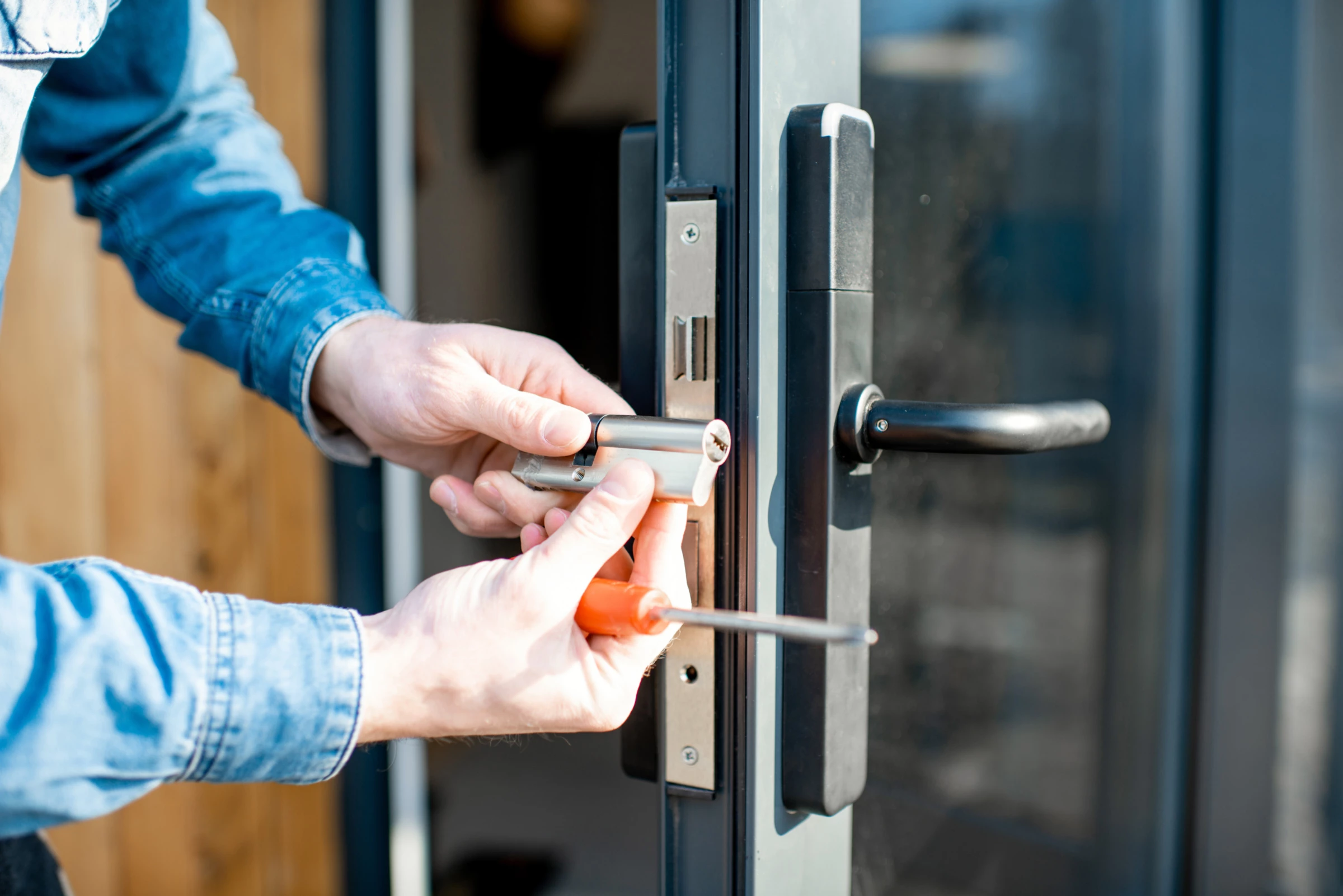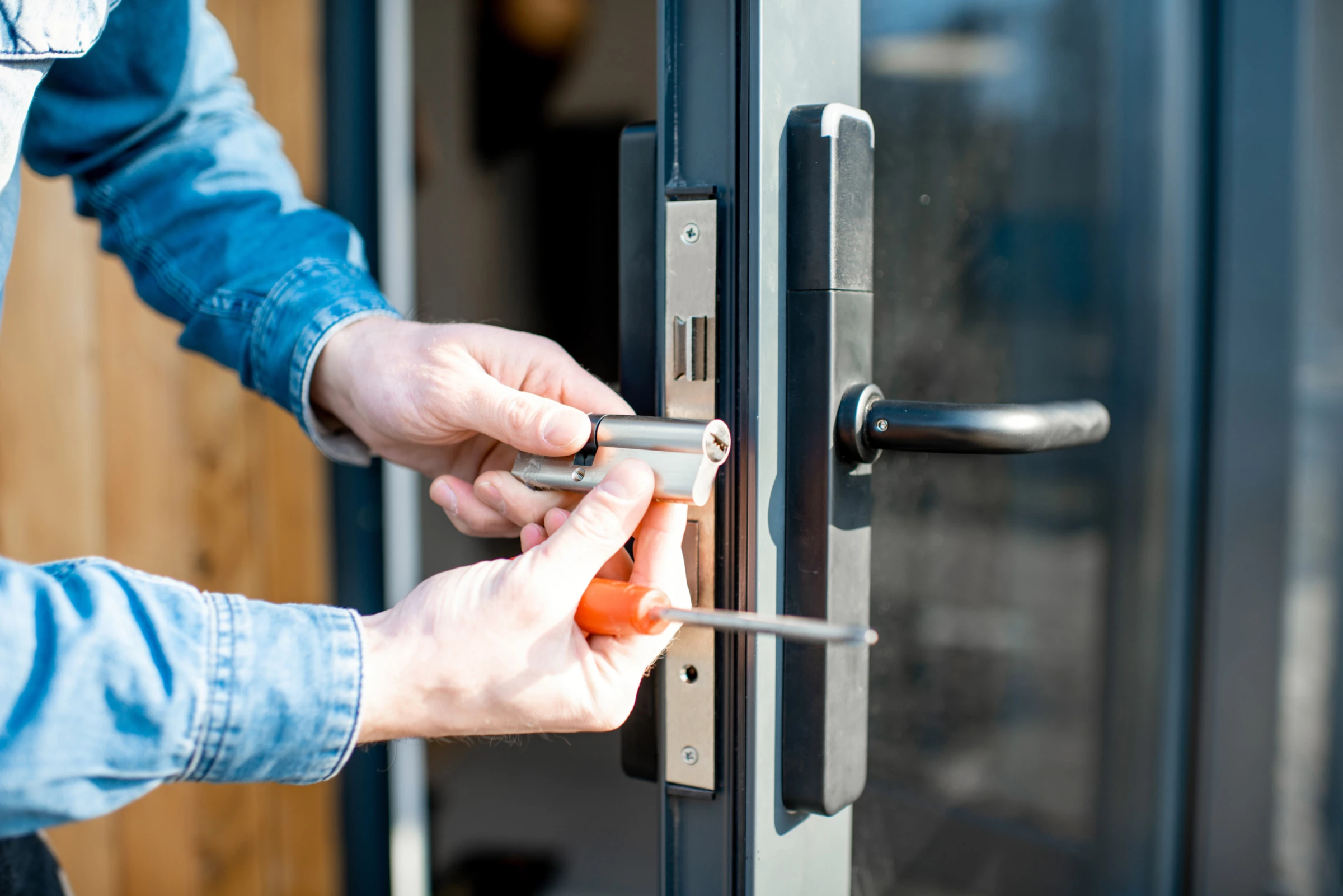When locksmith professionals take on institutional contracts - from government buildings and hospitals to schools and corre…
Locksmith Professional Indemnity Insurance: Essential Protection for Security Professionals
Introduction
As a locksmith, your expertise in security systems, lock installation, and emergency access services puts you in a position of significant responsibility. Whether you're helping a homeowner locked out of their property, installing high-security systems for commercial clients, or providing emergency services, your professional advice and workmanship directly impact your clients' security and safety. This level of responsibility makes Professional Indemnity (PI) insurance not just advisable, but essential for locksmith businesses.
Professional Indemnity insurance for locksmiths provides crucial protection against claims arising from alleged errors, omissions, or negligent acts in the provision of your professional services. Unlike general liability insurance that covers physical accidents, PI insurance specifically protects against financial losses your clients may suffer due to your professional advice or services.
What is Professional Indemnity Insurance for Locksmiths?
Professional Indemnity insurance is a specialized form of liability coverage designed to protect locksmiths against claims made by clients who allege they have suffered financial loss as a result of your professional services, advice, or recommendations. This insurance covers both the legal costs of defending such claims and any compensation you may be required to pay.
For locksmiths, this coverage is particularly important because your work involves:
- Providing security advice and recommendations
- Installing and maintaining security systems
- Emergency lockout services
- Key cutting and duplication services
- Safe installation and servicing
- Security assessments and consultations
Key Coverage Areas
Professional Negligence Claims
The most common type of claim covered under locksmith PI insurance involves allegations of professional negligence. This could include situations where a client claims your security recommendations were inadequate, leading to a break-in, or where faulty installation work compromised their security.
Errors and Omissions
This covers situations where mistakes in your work or failure to perform certain aspects of a job result in financial loss for your client. For example, if you fail to properly secure all entry points during a security upgrade, leaving the property vulnerable.
Breach of Professional Duty
Claims arising from alleged failure to meet the standard of care expected from a professional locksmith. This could include using inappropriate materials, failing to follow industry standards, or not completing work to the agreed specification.
Defamation and Libel
Coverage for claims arising from alleged defamatory statements made in the course of your professional duties, such as comments about competitors' work or security assessments.
Loss of Documents
Protection against claims arising from the loss or damage of client documents, keys, or security codes in your possession.
Intellectual Property Infringement
Coverage for unintentional infringement of copyrights, trademarks, or patents in the course of your professional services.
Common Scenarios Requiring PI Insurance
Security System Failure
A commercial client claims that the security system you installed failed to prevent a break-in, resulting in significant theft and business interruption losses. They allege the system was inadequately designed for their specific security needs.
Incorrect Key Cutting
You cut keys for a residential client that don't work properly, requiring them to call an emergency locksmith and potentially leaving their property unsecured overnight.
Faulty Lock Installation
A lock you installed fails prematurely, allowing unauthorized access to a client's property. The client claims this was due to improper installation or use of substandard materials.
Inadequate Security Assessment
Following your security assessment and recommendations, a client suffers a break-in. They claim your assessment failed to identify key vulnerabilities and that your recommendations were insufficient.
Emergency Service Issues
During an emergency lockout service, you accidentally damage the client's door or lock mechanism, requiring expensive repairs and potentially compromising their security.
Data Breach
Client information stored on your systems is compromised in a cyber attack, leading to potential identity theft and requiring notification to affected parties.
Why Locksmiths Need Professional Indemnity Insurance
Financial Protection
Legal defense costs can quickly escalate, even for unfounded claims. PI insurance covers these costs, protecting your business finances and allowing you to continue operating while claims are resolved.
Professional Credibility
Having PI insurance demonstrates professionalism and responsibility to your clients. Many commercial clients and contractors require proof of PI insurance before engaging locksmith services.
Regulatory Requirements
Some professional locksmith associations and licensing bodies require or strongly recommend PI insurance as part of their membership or licensing requirements.
Peace of Mind
Knowing you're protected against professional liability claims allows you to focus on providing quality services without constant worry about potential legal issues.
Contract Requirements
Many commercial contracts, particularly with larger organizations or government entities, require contractors to carry PI insurance as a condition of engagement.
Factors Affecting Premium Costs
Business Size and Turnover
Larger locksmith businesses with higher annual turnover typically face higher premiums due to increased exposure to potential claims.
Services Offered
Specialized services such as safe installation, electronic security systems, or high-security installations may attract higher premiums due to increased complexity and potential claim values.
Claims History
Previous claims or incidents can significantly impact premium costs. Maintaining a clean claims record helps keep premiums manageable.
Coverage Limits
Higher coverage limits provide better protection but result in higher premiums. It's important to balance adequate coverage with affordable premiums.
Geographic Location
Operating in areas with higher crime rates or more litigious environments may result in higher premiums.
Experience and Qualifications
Well-qualified locksmiths with relevant certifications and extensive experience may benefit from lower premiums due to reduced perceived risk.
Choosing the Right Coverage
Coverage Limits
Consider the potential financial impact of claims in your area of operation. Commercial locksmith services typically require higher coverage limits than residential services.
Retroactive Date
Ensure your policy includes coverage for work performed before the policy inception date, particularly important when switching insurers.
Extended Reporting Period
This provides coverage for claims made after your policy expires for work performed during the policy period.
Aggregate vs. Per Claim Limits
Understand whether your coverage limit applies per claim or as an aggregate annual limit, as this affects your total protection.
Exclusions and Limitations
Carefully review policy exclusions to understand what's not covered and consider additional coverage if necessary.
Best Practices for Risk Management
Documentation
Maintain detailed records of all work performed, including photographs, client communications, and materials used. Proper documentation can be crucial in defending against claims.
Professional Standards
Stay current with industry standards, regulations, and best practices. Regular training and certification updates demonstrate professional competence.
Client Communication
Clearly communicate the scope of work, limitations, and recommendations to clients in writing. Ensure clients understand any security limitations or ongoing maintenance requirements.
Quality Control
Implement quality control procedures to minimize errors and ensure consistent service delivery. Regular equipment maintenance and calibration are essential.
Subcontractor Management
If using subcontractors, ensure they carry appropriate insurance and meet your quality standards. Consider requiring them to name you as an additional insured.
Cyber Security
Protect client information through appropriate cyber security measures, including secure data storage, regular backups, and staff training on data protection.
Making a Claim
Immediate Notification
Notify your insurer immediately upon becoming aware of a potential claim or circumstance that could lead to a claim. Delays in notification can jeopardize coverage.
Documentation Preservation
Preserve all relevant documentation, including contracts, correspondence, photographs, and work records. Don't admit liability or make statements that could prejudice your position.
Legal Representation
Your insurer will typically appoint legal representation to handle the claim. Cooperate fully with your legal team and provide all requested information promptly.
Settlement Considerations
While insurers handle claim negotiations, stay informed about the process and provide input on technical aspects of your work that may be relevant to the claim.
Industry-Specific Considerations
Residential vs. Commercial Work
Commercial locksmith work typically involves higher values and more complex systems, potentially leading to larger claims. Ensure your coverage limits are adequate for your client base.
Emergency Services
24/7 emergency services create additional risks due to time pressure and challenging working conditions. Consider whether your policy adequately covers emergency work scenarios.
Electronic Security Systems
Modern locksmith work increasingly involves electronic and smart security systems. Ensure your policy covers technology-related risks and cyber security issues.
Master Key Systems
Work involving master key systems carries additional risks if the system is compromised. Consider the potential scope of claims when designing coverage limits.
Conclusion
Professional Indemnity insurance is an essential investment for locksmith businesses of all sizes. The specialized nature of locksmith work, combined with the security implications of any errors or omissions, creates significant potential liability exposure. While the cost of PI insurance represents an additional business expense, it's minimal compared to the potential financial impact of defending against professional liability claims.
The key to effective PI insurance is choosing appropriate coverage limits, understanding policy terms and exclusions, and implementing strong risk management practices. Regular review of your coverage ensures it remains adequate as your business grows and evolves.
Remember that PI insurance is not just about financial protection – it's about maintaining professional credibility, meeting client requirements, and providing peace of mind that allows you to focus on delivering quality locksmith services. In an increasingly litigious business environment, Professional Indemnity insurance has become not just advisable, but essential for responsible locksmith businesses.
By investing in comprehensive PI insurance and following best practices for risk management, locksmith professionals can protect their businesses while continuing to provide the essential security services their communities depend on.


 0330 127 2333
0330 127 2333
